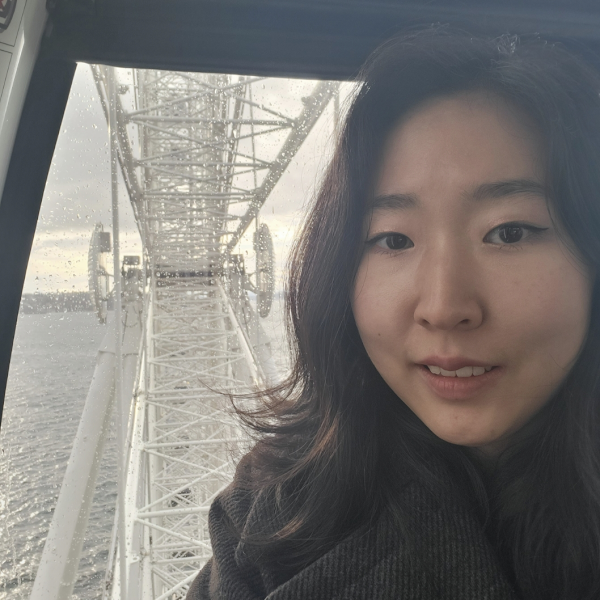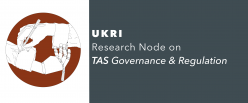Introduction
Main Workshop Topics
Important dates
Submission instructions
Student scholarship
Invited Speakers

Najoung Kim
Assistant Professor at Boston University
Ian McKenzie
Contracting Research Engineer at OpenAI
Schedule
Accepted papers
Organizing Committee

Antonio Valerio Miceli-Barone
Research Associate, University of Edinburgh

Fazl Barez
Research fellow, University of Oxford

Shay Cohen
Reader, University of Edinburgh

Elena Voita
Research Scientist, Meta

Ulrich Germann
Senior Computing Officer (Research)

Michal Lukasik
Researcher, Google Research
Sponsors
Google Research
Platinum sponsor: supports our best paper awards and student scholarship
Meta
Silver sponsor

The UKRI Trustworthy
Autonomous Systems Governance Node
Organizers' sponsor
Apart Research
Organizers' sponsor
Correspondence
Email: amiceli@ed.ac.uk